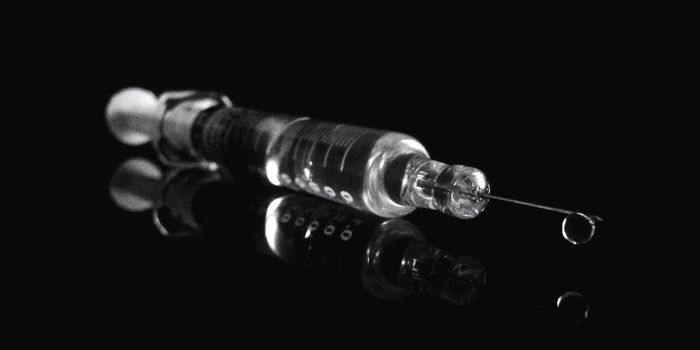Researchers at the University of Mississippi Medical Center wanted to find out whether it was purely beneficial for mothers to have offspring after surgery.
At first glance, it seemed to be. Obese women have a higher risk of experiencing several complications during pregnancy. Their fetuses are also at a higher risk for complications, such as being born prematurely. Thus, it's advisable they lose the extra weight, but
dieting is not a legitimate long-term solution for severely obese individuals.
The only long-term observable option available to them is weight-loss surgery. For women seeking to have children, the surgery boasts of myriad of benefits. It can boost fertility in women and reduces the risks of pregnancy complications that are common in obese women.
In their first study, the researchers found "that [the offspring] was shorter, smaller, and glucose intolerant,” says study author and metabolic disease expert Bernadette E. Grayson to LabRoots. In addition, the offspring was more susceptible to developing long-term problems, such as diabetes and obesity.
In her new study, Grayson wanted to identify what was happening in the placenta and fetus that could be driving the issue. Her team put Long-Evans rats on a high fat diet for 3-weeks. They then performed either a vertical sleeve gastrectomy or a placebo surgery on the each rat. The vertical sleeve gastrectomy removed 80 percent of the rat’s stomach.
The females were mated after the surgery. During the first two weeks of pregnancy, the rats who underwent weight-loss surgery gained weight and took in a similar amount of calories to the control rats. Between day 12 and 18 of their pregnancies, the gastrectomy rats lost weight. On day 19, the researchers found the rats’ average blood pressure significantly dropped in comparison to the obese and lean controls. The same day, they euthanized the rats to analyze the contents of their wombs. They found the placental-to-fetal weight ratios suggested a placental insufficiency, meaning there was insufficient blood flow to the placenta.
The researchers found an increase of genes involved in oxygen deficiency and inflammation in the rats’ placentas. Oxygen deficiency and inflammation are both linked to weight gain. The data suggests weight-loss surgery alters mother's chemical balance, which in turn harms their offspring, causing obesity and diabetes.
The next step in research is to figure out what pathways are driving the alterations in the womb.
We need to understand whether we are creating a greater problem of metabolic disease for the next generation, and what we can do to stop it, Grayson says.
Grayson presented her findings today, November 19, 2015, at the
APS Conference: Cardiovascular, Renal and Metabolic Diseases: Physiology and Gender.
Sources:
The American Physiological Society via
Newswise, personal communication with lead researcher Bernadette E. Grayson, conference abstract via
APS Communications Office









